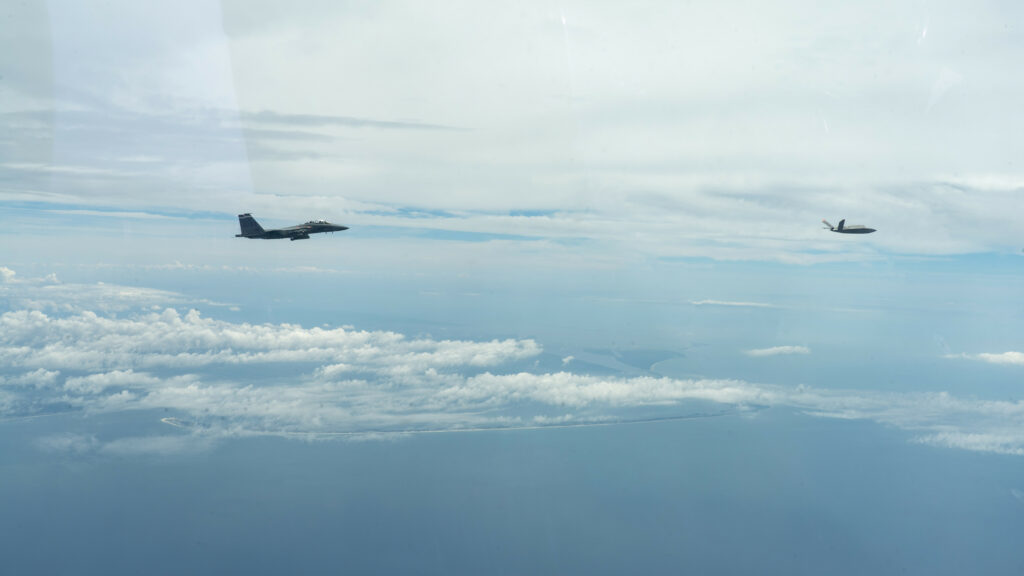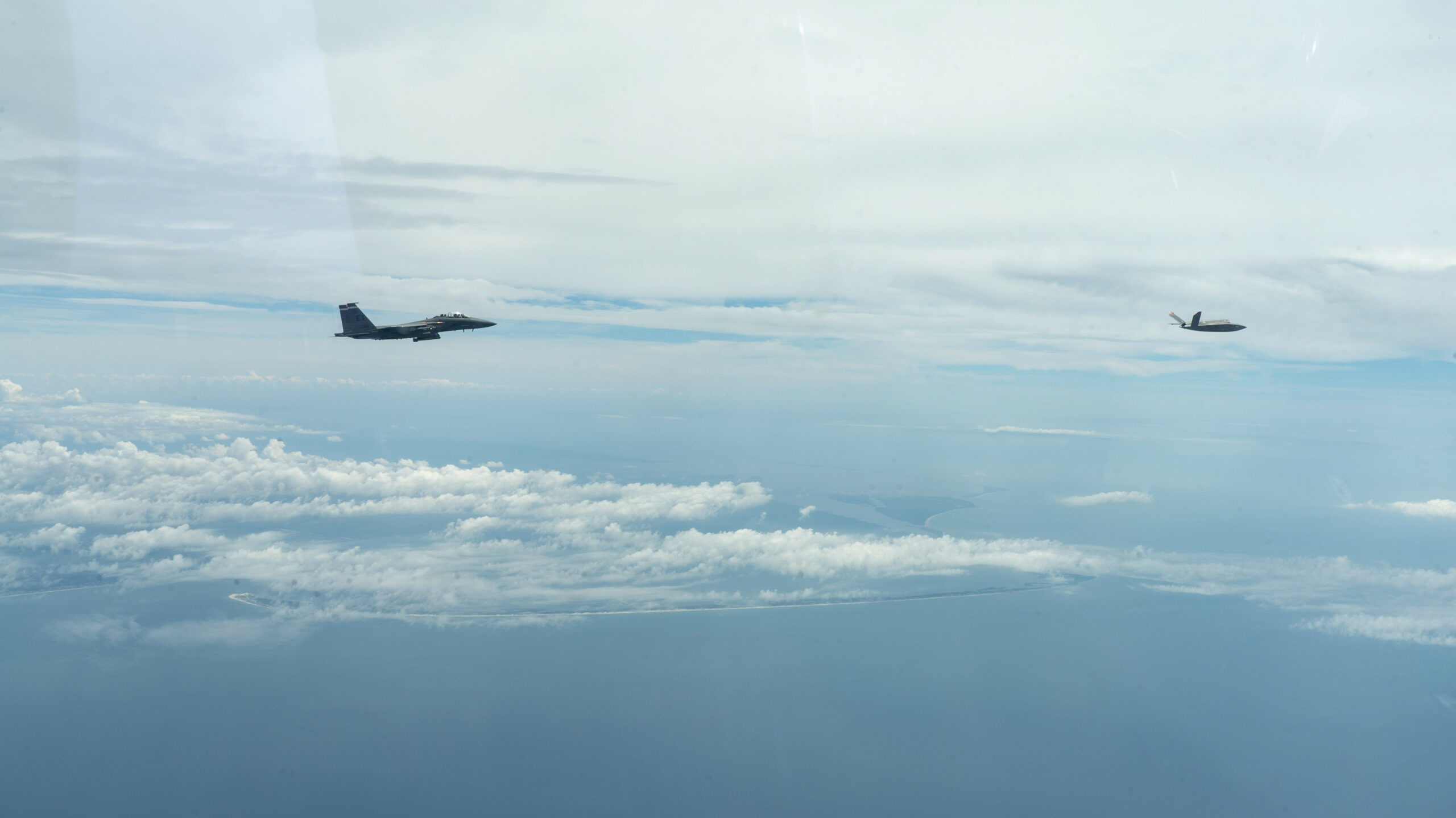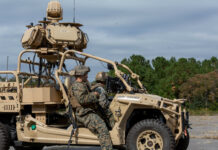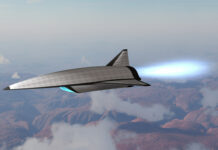The US Air Force Research Laboratory (AFRL) has successfully demonstrated the first flight of an uncrewed jet aircraft controlled by artificial intelligence (AI) agents, the US Air Force (USAF) announced on 3 August 2023.
The three-hour sortie, which took place on 25 July over the Eglin Test and Training Complex, Florida, involved AI controlling an XQ-58A Valkyrie jet-powered unmanned aerial vehicle (UAV). The flight was the culmination of two years of partnership that began with the Skyborg programme: one of three Vanguard programmes initiated in 2019 to deliver advanced capabilities that transform future operations with cutting-edge technologies.

“The mission proved out a multi-layer safety framework on an AI/ML [machine learning]-flown uncrewed aircraft and demonstrated an AI/ML agent solving a tactically relevant ‘challenge problem’ during airborne operations,” Colonel Tucker Hamilton, the Department of the Air Force’s AI test and operations chief, was quoted as saying in an air force press release. “This sortie officially enables the ability to develop AI/ML agents that will execute modern air-to-air and air-to-surface skills that are immediately transferrable to the CCA [Collaborative Combat Aircraft] program.”
The algorithms used for the flight were developed by AFRL’s Autonomous Air Combat Operations (AACO) team. They were matured during millions of hours in high-fidelity simulation events, sorties on the F-16D-based X-62 Variable-stability In-flight Simulator Test Aircraft (VISTA), hardware-in-the-loop events with the XQ-58A and ground test operations.
“AACO has taken a multi-pronged approach to uncrewed flight testing of machine learning/artificial intelligence and has met operational experimentation objectives by using a combination of high-performance computing, modelling and simulation, and hardware-in-the-loop testing to train an AI agent to safely fly the XQ-58 uncrewed aircraft,” stated AACO Program Manager Dr Terry Wilson.
In future the USAF is looking to reduce risk to aircrews by integrating their activities with AI-controlled UAVs.
“AI will be a critical element to future warfighting and the speed at which we’re going to have to understand the operational picture and make decisions,” Brigadier General Scott Cain, the AFRL commander was quoted as saying. “AI, Autonomous Operations, and human-machine teaming continue to evolve at an unprecedented pace and we need the co-ordinated efforts of our government, academia and industry partners to keep pace.”
Peter Felstead






